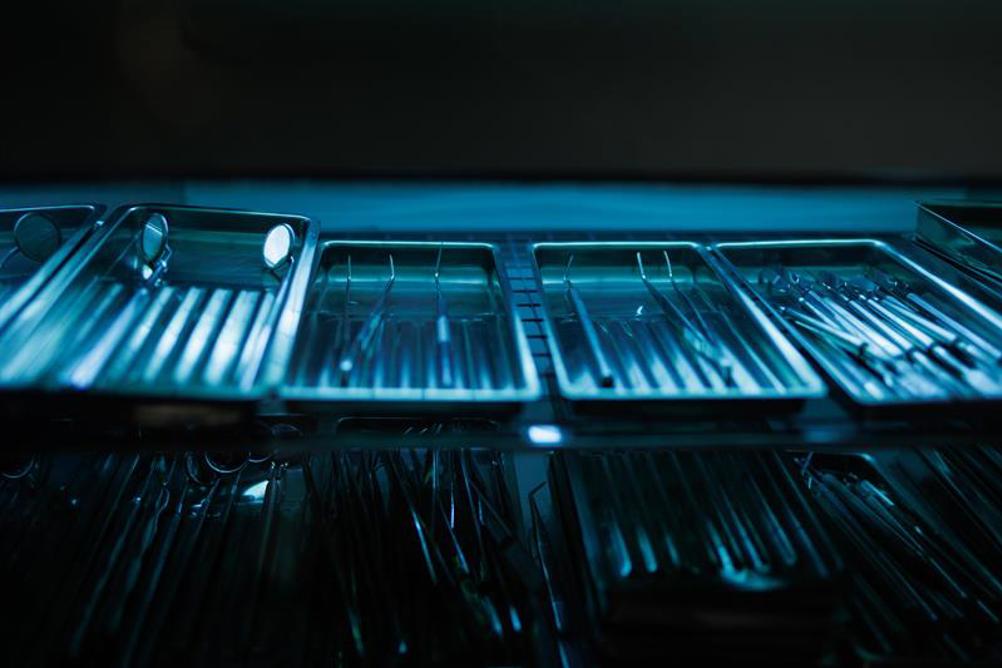
Dentistry is a high-risk profession and so compliance with all regulations is imperative. Being compliant means you take the steps to ensure patients are treated and cared for effectively and efficiently. It also means that the risks of infection transmission are kept to a minimum and strict processes within the dental practice are being diligently upheld.
The art of record-keeping – what you need to know
Meticulous record-keeping is vital to demonstrate that you are carrying out processes correctly. In particular, your decontamination equipment is your first line of defence against the spread of infection – all instruments must be decontaminated as set out in the HTM01-05 and SDECP guidelines. As you know, to ensure that your decontamination equipment is compliant and is working correctly, records of cycle parameters and routine testing and maintenance should also be made and kept for a minimum of two years. Regarding your steriliser, records must be made for every sterilisation cycle, too. This contributes to the cycle traceability, which refers to the ability to ensure that the decontamination has been carried out appropriately and, if needed, can be referred back to by the user or any relevant bodies. Essentially, by remaining compliant, you have the peace of mind that you are carrying out processes adequately, thus reducing the risk of infection transmission. By keeping a record of the decontamination processes and the performance of your equipment, you can also clearly ascertain whether your equipment is working at its optimum.
Register now to continue reading
Thank you for visiting Dental Nursing and reading some of our resources. To read more, please register today. You’ll enjoy the following great benefits:
What's included
-
Up to 2 free articles per month
-
New content available
Already have an account? Sign in here
